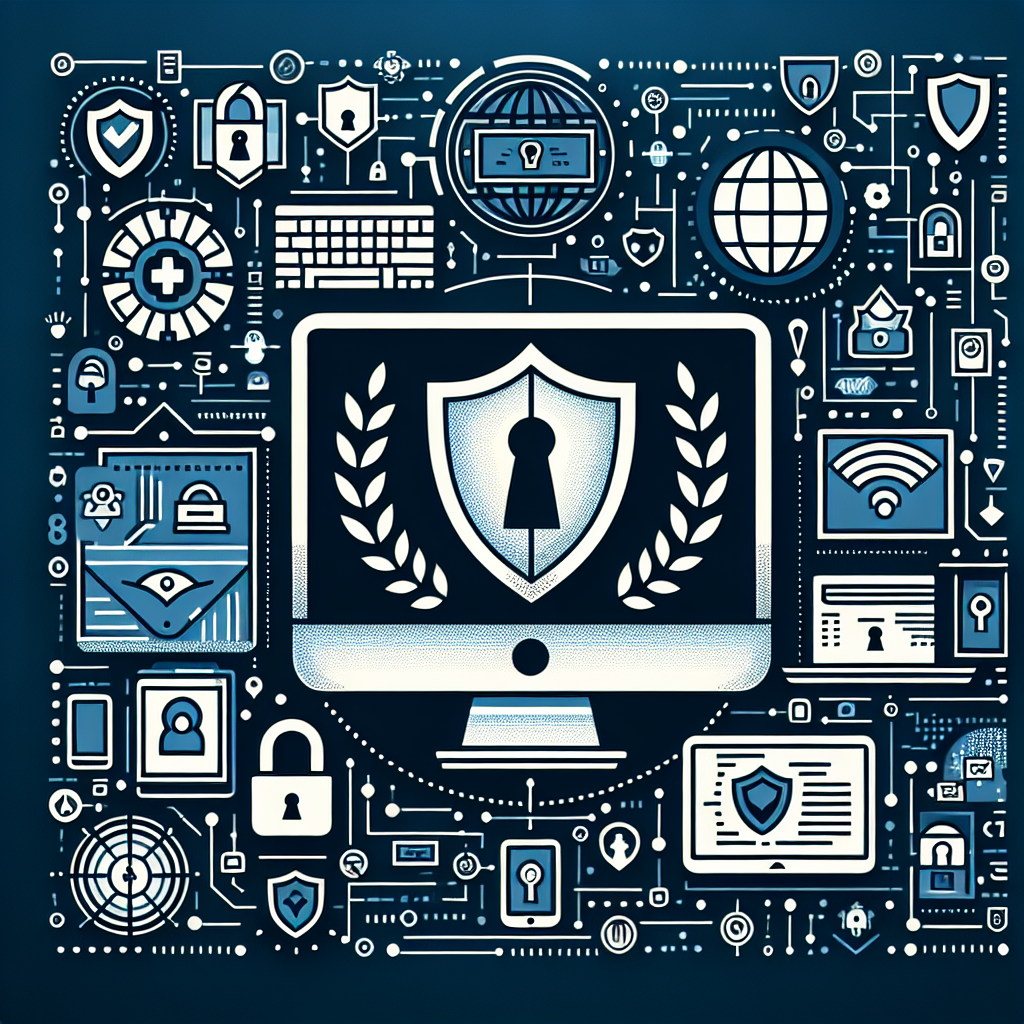Your cart is currently empty!
Cybersecurity for Beginners: A Guide to Online Safety

In today’s digital age, cybersecurity has become an essential aspect of our online activities. With the increasing number of cyber threats and data breaches, it is crucial for everyone, especially beginners, to understand the importance of staying safe online.
Cybersecurity is the practice of protecting computers, servers, mobile devices, electronic systems, networks, and data from malicious attacks. These attacks can range from viruses and malware to phishing scams and ransomware. By implementing cybersecurity measures, individuals can safeguard their personal information and prevent unauthorized access to their devices and accounts.
For beginners, the world of cybersecurity may seem overwhelming and complex. However, by following some basic guidelines and best practices, anyone can enhance their online safety and protect themselves from potential threats. Here are some tips for beginners to improve their cybersecurity:
1. Use strong passwords: One of the simplest yet most effective ways to enhance cybersecurity is by using strong, unique passwords for each of your online accounts. Avoid using easily guessable passwords like “123456” or “password” and opt for a combination of letters, numbers, and special characters.
2. Enable two-factor authentication: Two-factor authentication adds an extra layer of security to your accounts by requiring a second form of verification, such as a code sent to your phone, in addition to your password. Enable this feature whenever possible to further protect your accounts.
3. Keep your software up to date: Regularly updating your operating system, applications, and antivirus software helps patch security vulnerabilities and protect your devices from potential threats.
4. Be cautious of phishing scams: Phishing scams are fraudulent attempts to obtain sensitive information, such as usernames, passwords, and credit card details, by posing as a trustworthy entity. Be wary of unsolicited emails, messages, or links and avoid providing personal information to unknown sources.
5. Secure your Wi-Fi network: Secure your home Wi-Fi network by setting a strong password, enabling encryption, and disabling remote administration to prevent unauthorized access to your network.
6. Backup your data: Regularly back up your important files and data to an external hard drive or cloud storage service to protect them from loss in the event of a cyber attack or hardware failure.
7. Educate yourself: Stay informed about the latest cybersecurity threats and trends by reading online resources, attending webinars, and following reputable cybersecurity experts on social media.
By following these tips and practicing good cybersecurity habits, beginners can significantly reduce their risk of falling victim to cyber attacks and protect their online presence. Remember, cybersecurity is a shared responsibility, and everyone plays a role in creating a safer online environment. Stay vigilant, stay informed, and stay safe online.

Leave a Reply